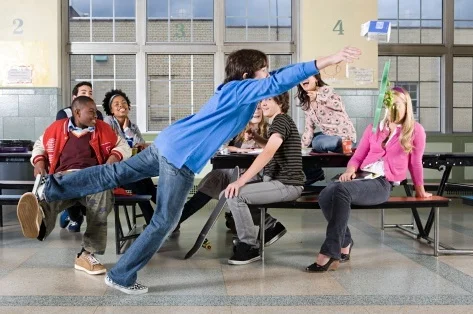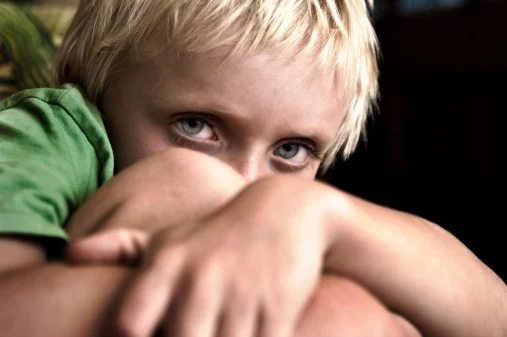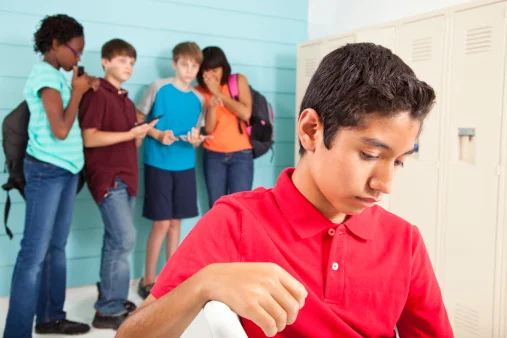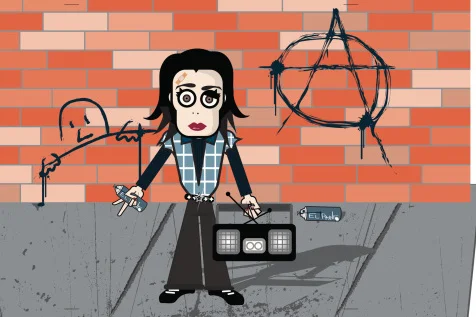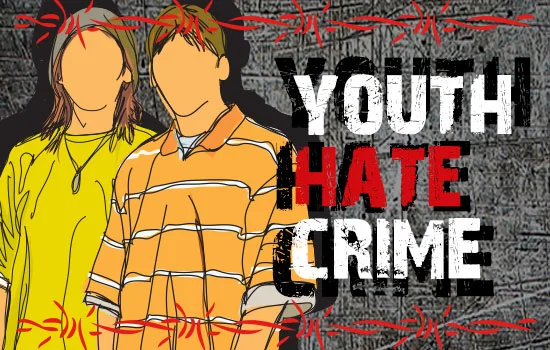+1 845 259 2974 (11 a.m to 7 p.m CST)
What to do When Your Own Teen is a Bully
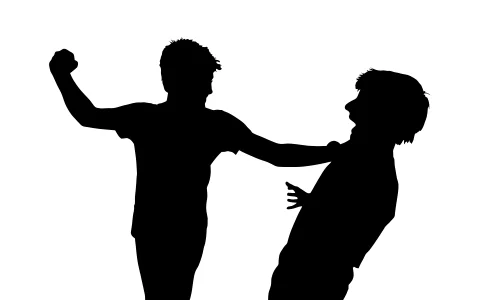
Discovering that your teen is engaging in bullying behavior can be a deeply unsettling experience for any parent. Bullying, whether physical, verbal, or cyber, has far-reaching consequences for both the victim and the perpetrator. It can lead to emotional distress, academic struggles, and long-term psychological issues for the victim, while the bully may face social isolation, disciplinary actions, and even legal repercussions.
As a parent, addressing this behavior promptly and effectively is crucial to helping your teen develop healthier social skills and empathy. This article explores actionable steps to take when your teen is a bully, offering guidance to help you navigate this challenging situation.
Understanding Why Teens Bully
Before addressing the behavior, it’s essential to understand why your teen might be bullying others. Bullying often stems from underlying emotional or social challenges. Teens may bully to gain attention, fit in with a peer group, or cope with feelings of insecurity or powerlessness. In some cases, they may be mimicking aggressive behaviors they’ve witnessed at home or in media. Bullying can also be a response to unresolved trauma or a lack of social skills, making it a cry for help rather than a sign of inherent malice.
Recognizing the Signs of Bullying Behavior
Identifying bullying behavior early can prevent it from escalating. Signs that your teen may be bullying others include:
- Consistently speaking negatively about certain peers.
- Excluding others from social activities or spreading rumors.
- Displaying aggressive or disrespectful behavior toward siblings or family members.
- Possessing items that don’t belong to them, such as money or gadgets.
- Being secretive about their online activities, which could indicate cyberbullying.
If you notice these signs, it’s important to approach the situation calmly and gather more information before jumping to conclusions.
Steps to Address Bullying Behavior
- Initiate a Calm and Open Conversation
Start by talking to your teen about their behavior. Use open-ended questions to encourage them to share their perspective. For example, ask, “I’ve heard some concerns about how you’ve been treating others. Can you tell me what’s been going on?” Avoid blaming or shaming, as this can make your teen defensive. Instead, focus on understanding their motivations and feelings. - Teach Empathy and Perspective-Taking
Help your teen understand the impact of their actions on others. Encourage them to put themselves in the victim’s shoes by asking, “How would you feel if someone treated you this way?” Fostering empathy is a key step in preventing bullying and helping your teen develop healthier relationships. - Set Clear Consequences and Expectations
Establish firm boundaries and consequences for bullying behavior. For example, if your teen is involved in cyberbullying, temporarily revoke their internet or phone privileges. Ensure that the consequences are meaningful but not overly punitive, as this can backfire and lead to resentment. - Collaborate with Schools and Professionals
If the bullying occurs at school, work closely with teachers and counselors to address the issue. Schools often have anti-bullying policies and programs in place to support both the bully and the victim. Additionally, consider seeking help from a mental health professional if your teen’s behavior is linked to underlying emotional or psychological issues. - Model Respectful Behavior at Home
Teens often mimic the behavior they see at home. Ensure that your household fosters a culture of respect and kindness. Avoid yelling, name-calling, or aggressive conflict resolution, as these behaviors can normalize bullying tendencies in your teen.
Long-Term Strategies for Prevention
- Encourage Positive Social Interactions
Help your teen build healthy friendships by encouraging participation in group activities, sports, or clubs. Positive peer relationships can reduce the likelihood of bullying behavior. - Monitor Online Activity
Cyberbullying is a growing concern, and monitoring your teen’s online behavior can help prevent it. Use parental control apps to keep an eye on their social media activity while maintaining open communication about online etiquette. - Promote Emotional Regulation Skills
Teach your teen healthy ways to manage stress, anger, and frustration. Techniques such as deep breathing, journaling, or talking to a trusted adult can help them cope with difficult emotions without resorting to bullying. - Reinforce Positive Behavior
Acknowledge and praise your teen when they demonstrate kindness, inclusivity, or conflict resolution skills. Positive reinforcement can motivate them to continue making better choices.
Discovering that your teen is a bully can be challenging, but it’s also an opportunity to guide them toward positive change. By understanding the root causes of their behavior, setting clear expectations, and fostering empathy, you can help your teen develop healthier social skills and relationships. Remember, addressing bullying is a collaborative effort that involves parents, schools, and sometimes professionals.
By taking proactive steps, you can help your teen grow into a compassionate and respectful individual, creating a safer and more inclusive environment for everyone.

